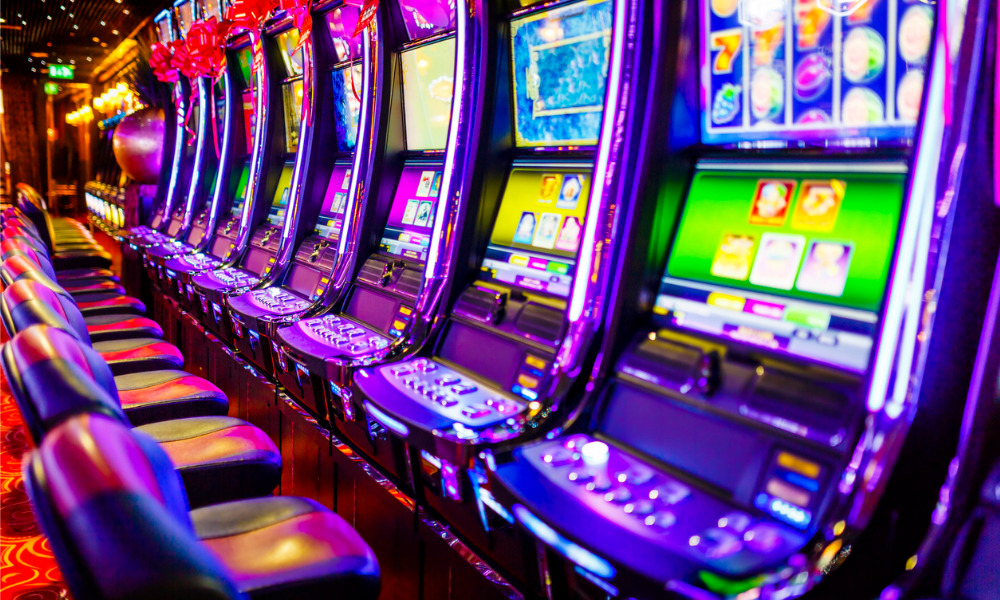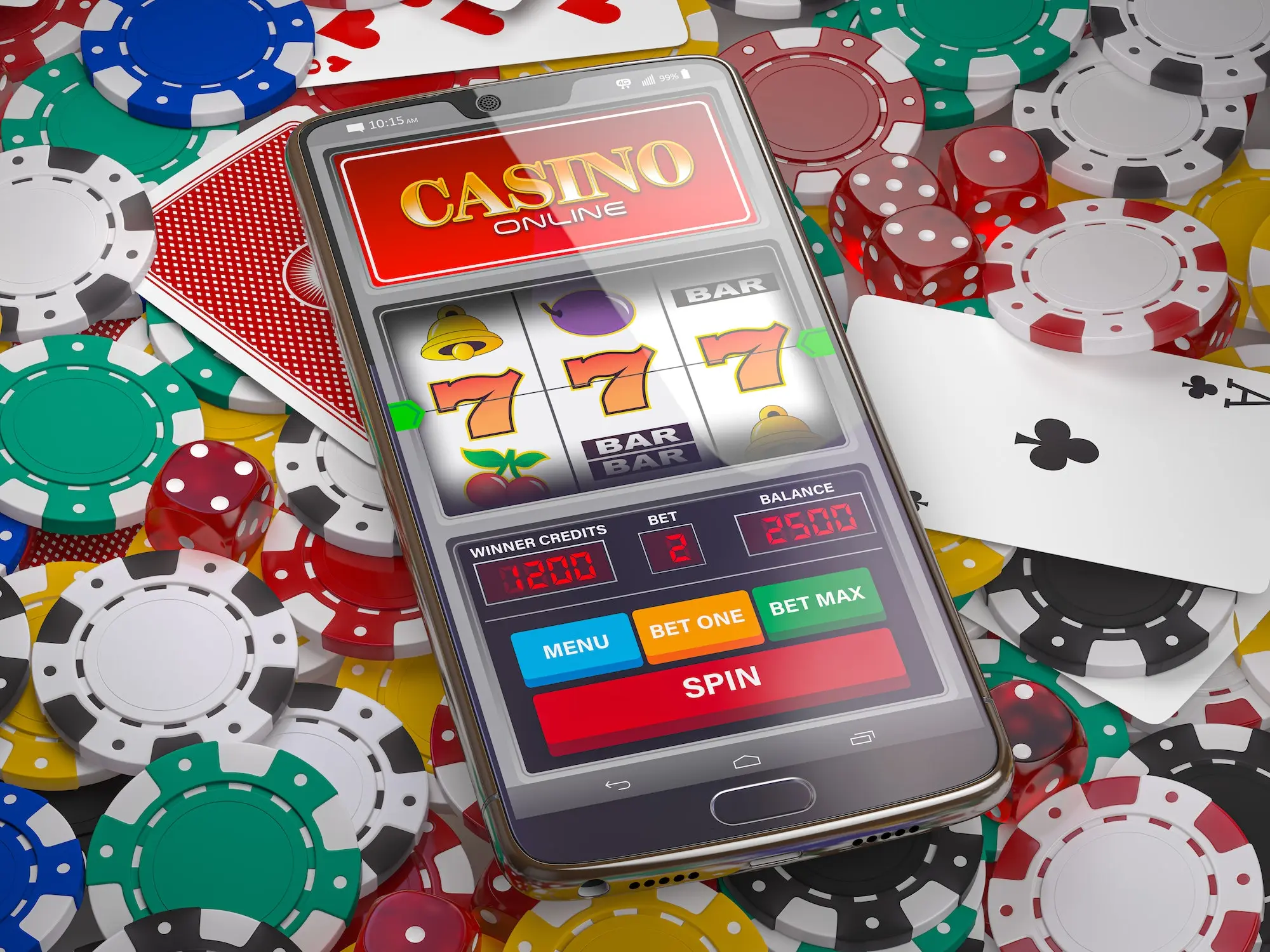A trusted online casino Singapore payout percentages show how much money returns to players over long periods. These rates shift widely between games and operators, and online sites list return to player values that sit anywhere from 85% to 99%. Game style plus software design plus rules set by regulators plus the core math inside each title push these numbers upward or downward. Players who understand these mechanics make better game selections and avoid low-return options.
Software provider standards
Game developers set baseline payout rates during initial programming phases. NetEnt titles typically run at 96-97% while some obscure providers barely hit 92%. These companies test their algorithms through millions of simulated spins before launch. Independent labs verify the mathematics match advertised rates. Wayang88 slot games and similar titles maintain specific RTP values based on their programming architecture. Operators cannot modify these built-in percentages without violating licensing agreements. The software dictates returns, not the casino itself. Some providers create multiple versions of the same game with different payout structures. Casinos then choose which version to offer their players.
Game category differences
Slot machines hemorrhage player funds faster than table games. Standard slots range from 92-96% while blackjack variants often exceed 99% when played correctly. Video poker sits around 97-99% depending on the pay table structure. Roulette hovers near 97.3% for European wheels but drops to 94.7% with American double-zero layouts. Progressive jackpot games sacrifice base game returns to fund massive prize pools. These titles commonly pay 88-92% on regular spins. Table games with dealer interaction maintain higher percentages because they follow fixed mathematical rules. The house edge calculation remains constant across all hands played.
Regulatory jurisdiction impact
Licensing authorities mandate minimum payout requirements:
- UK Gambling Commission requires monthly RTP reporting
- Malta Gaming Authority sets 92% minimum for slots
- Curacao licenses impose fewer restrictions on operators
- Gibraltar regulations demand quarterly third-party audits
- Alderney permits lower returns than most European zones
Strict jurisdictions force casinos to maintain competitive rates or risk losing their license. Operators in loosely regulated markets sometimes drop percentages by several points. Players who check licensing information can predict likely payout ranges before depositing funds. Audit frequency also matters significantly.
House edge calculations
Every casino game contains built-in mathematical advantages that guarantee operator profits. Slots use random number generators that produce predetermined outcome distributions. Table games employ rule sets that slightly favour the house on each bet. Blackjack switch adds a push rule that increases the house edge by 0.17%. Baccarat commission charges create the house advantage. These edges seem minimal but compound dramatically across millions of player transactions. A 3% house edge means casinos keep three dollars from every hundred wagered over extended periods. The math never changes regardless of player strategy or betting patterns.
Payout percentages reflect complex interactions between software design, regulatory frameworks, and game mathematics. Games with higher returns exist across all casino platforms. Players who research RTPs, compare game types, and choose licensed operators access better long-term value. Volatility considerations matter as much as raw percentage figures for managing bankrolls effectively. The industry maintains these rates through verifiable testing and regulatory oversight rather than operator discretion.






